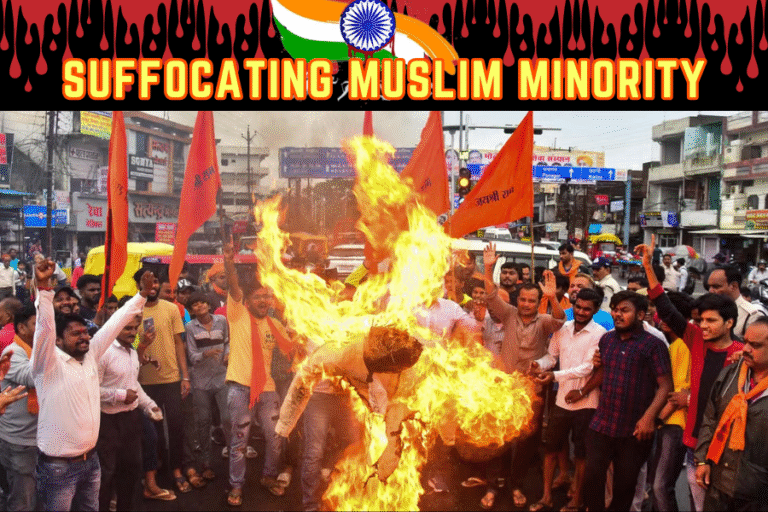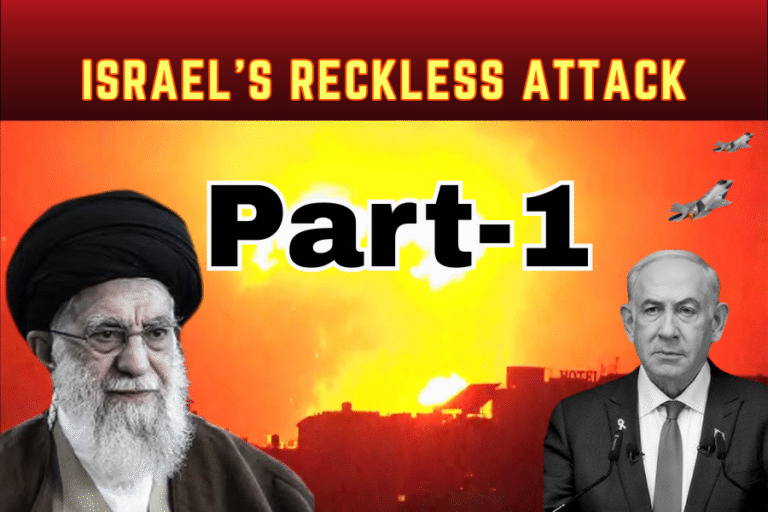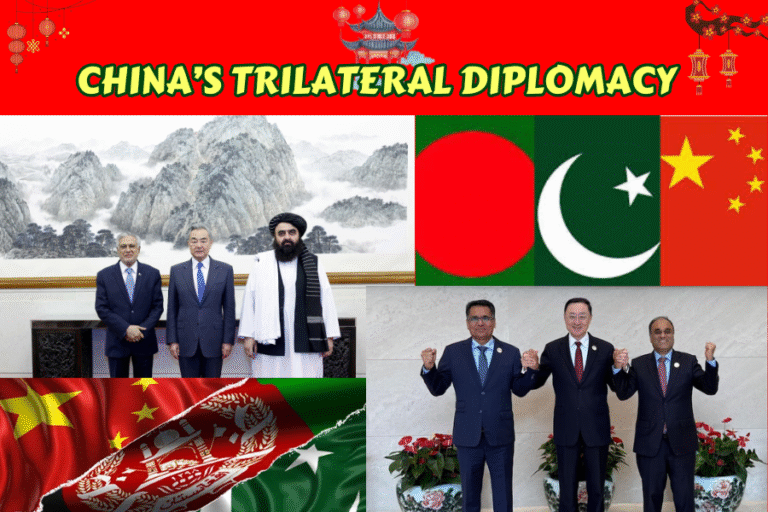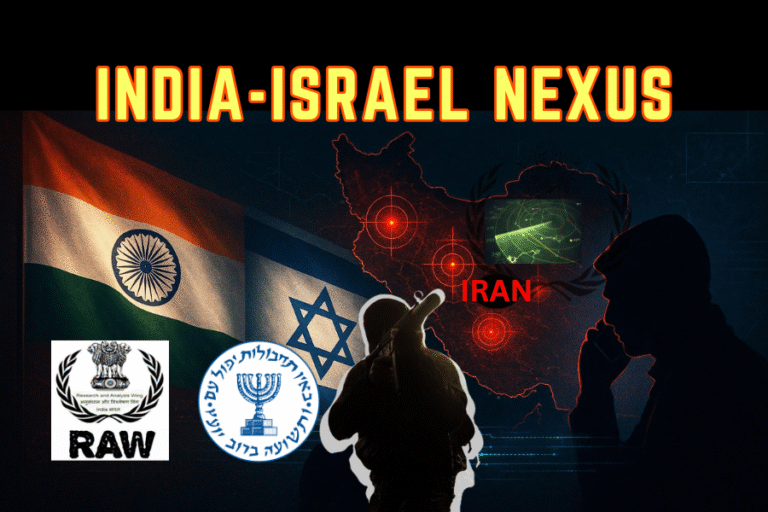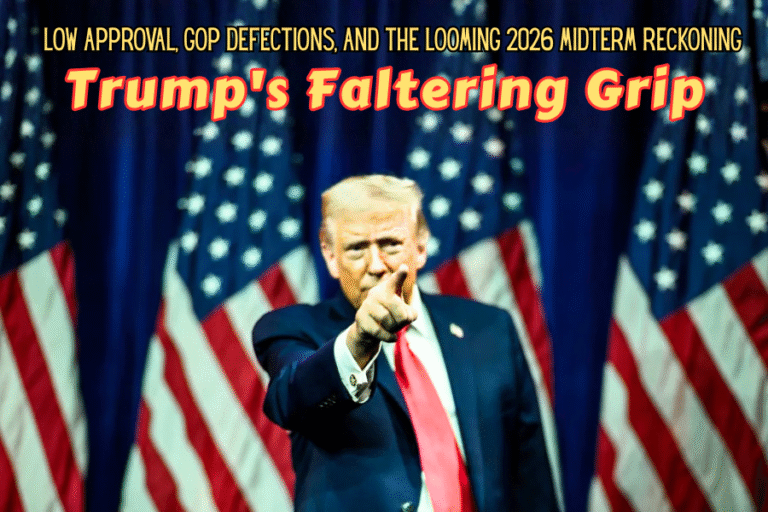(Lt Col Khalid Masood)
In the wake of Operation Sindoor, India’s ill-fated military response to the April 22, 2025, Pahalgam terrorist attack, the Indian government launched an ambitious diplomatic campaign to salvage its tarnished global image. Seven all-party delegations, comprising 59 parliamentarians and former diplomats, were dispatched to 33 global capitals to rebrand the operation as a resolute stand against Pakistan-sponsored terrorism. Yet, this effort, intended to project unity and strength, has unraveled into a diplomatic circus, marked by rebuffs from world leaders, tough questioning by the press, and embarrassing missteps by key figures, notably Shashi Tharoor. This article analyzes the performance of these delegations, exposing their failure to reshape the narrative around Operation Sindoor and highlighting Pakistan’s strategic triumph in countering India’s outreach.
1. The Context: Operation Sindoor’s Fallout
Operation Sindoor, launched on May 7, 2025, aimed to neutralize terrorist infrastructure in Pakistan and Pakistan-administered Kashmir following the Pahalgam attack, which killed 26 civilians. India’s airstrikes, however, provoked a fierce Pakistani response, with the Pakistan Air Force (PAF) downing six Indian jets, including three Rafales, on May 7, and neutralizing Indian drones and an S-400 system by May 9. Pakistan’s counteroffensive on May 10 targeted 36 Indian military sites, forcing India to seek a ceasefire through international mediation. India’s premature accusations against Pakistan, without evidence, and its refusal of a neutral UN probe further isolated it diplomatically. The delegations, coordinated by Parliamentary Affairs Minister Kiren Rijiju, were tasked with reversing this narrative, visiting nations like the US, UAE, Russia, and South Africa to assert India’s “zero-tolerance” policy on terrorism.
2. The Delegations: Composition and Objectives
The seven delegations, led by prominent MPs—Baijayant Jay Panda (BJP), Ravi Shankar Prasad (BJP), Sanjay Kumar Jha (JD(U)), Shrikant Shinde (Shiv Sena), Shashi Tharoor (Congress), Kanimozhi Karunanidhi (DMK), and Supriya Sule (NCP)—included 31 National Democratic Alliance (NDA) members, 20 opposition leaders, and eight former diplomats, such as Taranjit Singh Sandhu and Harsh Shringla. Their mission was to brief global leaders, think tanks, media, and diaspora on Pakistan’s alleged complicity, presenting intercepted communications and emphasizing India’s restrained response. The inclusion of opposition figures aimed to signal bipartisan unity, reminiscent of P.V. Narasimha Rao’s 1994 UNHRC delegation led by Atal Bihari Vajpayee. However, the scale—33 capitals, including UNSC members and regional powers—reflected an overambitious attempt to counter global skepticism.
3. Diplomatic Rebuffs: No Access to Top Leadership
A hallmark of the delegations’ failure was their inability to secure meetings with top-tier leaders. Despite India’s economic clout and strategic partnerships, heads of state and foreign ministers consistently declined engagements, relegating the groups to third-tier officials—deputy ministers, parliamentary committees, or mid-level bureaucrats. In the US, Shashi Tharoor’s delegation, touted as a diplomatic heavyweight, met only a deputy assistant secretary at the State Department and select congressional staffers, with no access to Secretary of State Marco Rubio or senior White House officials. In the UAE, Shrikant Shinde’s group was received by a junior trade minister, not Crown Prince Sheikh Mohammed bin Zayed. Similarly, Supriya Sule’s delegation in Qatar met mid-level foreign ministry aides, missing key decision-makers like Sheikh Mohammed bin Abdulrahman Al Thani. These snubs underscored India’s diminished diplomatic leverage post-Sindoor.
4. Shashi Tharoor’s Blunders: A Case Study in Overreach
Shashi Tharoor, a former UN Under-Secretary-General and Congress MP, was expected to shine in the US, given his global profile. Instead, his performance was a masterclass in diplomatic missteps. At a New York consulate briefing, Tharoor claimed Operation Sindoor “exceeded its aims,” contradicting India’s official line of “restrained retaliation” and drawing sharp questions from the press about the IAF’s losses. His visit to the 9/11 Memorial, intended to draw parallels with Pahalgam, was criticized as performative, with X user @MurtazaViews labeling it “desperate symbolism.” Tharoor’s assertion that Pakistan’s military “panicked” during Sindoor, based on unverified intercepts, was debunked by US think tanks, embarrassing his delegation, which included Tejasvi Surya and former diplomat Taranjit Sandhu. His failure to address queries on India’s S-400 destruction further eroded credibility, with @OmerAzhar96 on X calling him “over-hyped and under-prepared.”
5. Press Corps Challenges: Unanswered Questions
Across capitals, the delegations faced tough questioning from journalists, exposing their weak narrative. In London, Ravi Shankar Prasad’s group was pressed on India’s refusal of a UN probe, with no coherent response beyond vague terrorism rhetoric. In Tokyo, Sanjay Jha’s delegation struggled to explain the IAF’s grounding after PAF’s May 7 counterstrike, with Japanese media highlighting Pakistan’s tactical superiority. In Berlin, Baijayant Panda’s team faced questions about India’s suspension of the Indus Waters Treaty, a move seen as escalatory; their silence reinforced perceptions of India’s belligerence. The press corps’ scrutiny, amplified on X, painted India as evasive, with @AbdullahKhan333 noting, “Indian MPs can’t handle basic questions.” These encounters contrasted sharply with Pakistan’s call for dialogue, which resonated with global calls for restraint.
6. Domestic Criticism: A Wasteful Extravaganza
Within India, the delegations faced backlash as a costly misadventure. Congress leader Jairam Ramesh called the outreach an “extravagant photo-op,” arguing the funds—estimated at ₹200 crore (233 million US Dollars) —could have bolstered domestic security. Shiv Sena (UBT) MP Sanjay Raut dubbed it “political tourism,” noting the delegations’ failure to meet key leaders. The opposition’s inclusion, meant to show unity, backfired, with only one of four Congress nominees (Anand Sharma) selected, prompting accusations of Modi’s “cheap political games.” This domestic dissent, coupled with global rebuffs, weakened India’s narrative, as Pakistan’s Foreign Minister Bilawal Bhutto Zardari’s UNSC diplomacy gained traction.
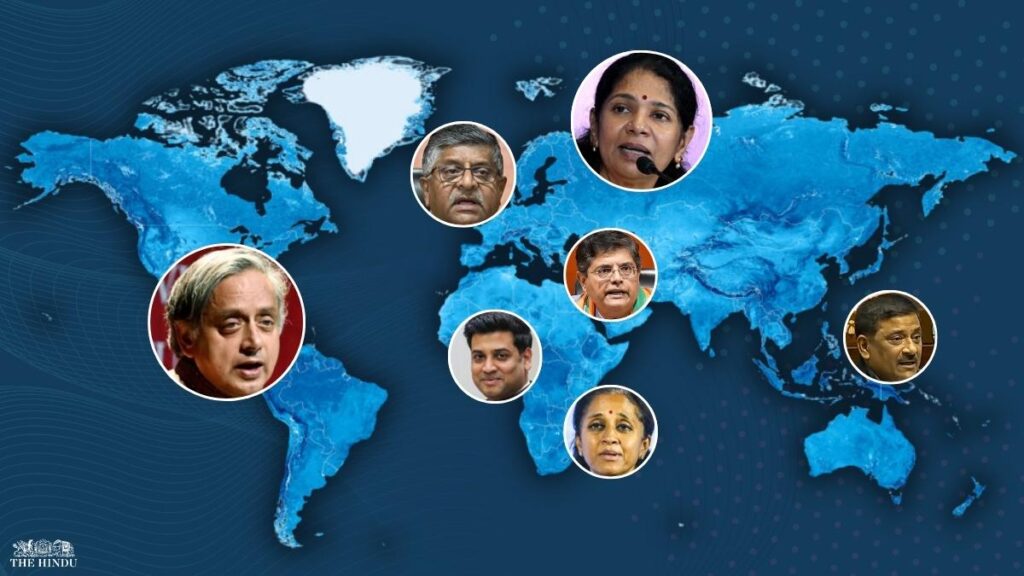
7. Pakistan’s Strategic Counter: A Diplomatic Triumph
Pakistan’s response to India’s outreach was a masterclass in statecraft. By advocating a neutral UN investigation and securing the removal of its name from a UNSC resolution, Pakistan neutralized India’s accusations. Its military successes—downing six IAF jets, neutralizing Heron drones, and destroying an S-400 system—bolstered its narrative of resilience. On X, Pakistani users like @PakDefTeam celebrated the Pakistani Armed Forces’ May 10 counteroffensive, which targeted 36 Indian sites, forcing India to seek mediation. Pakistan’s engagement with China, the UAE, and the US for de-escalation contrasted with India’s isolation, as no nation endorsed its terrorism claims. This strategic contrast underscored India’s diplomatic failure.
8. Geostrategic Implications: A Blow to India’s Ambitions
India’s failed outreach has profound implications. Its inability to secure global support weakens its UNSC permanent seat bid, with nations like Japan and Germany prioritizing restraint. The snubs from allies like the US and UAE signal a shift in South Asian power dynamics, with Pakistan’s Sino-Pak axis gaining prominence. India’s suspension of the Indus Waters Treaty, criticized globally, risks further isolation, while Pakistan’s call for dialogue aligns with Singapore’s and Japan’s pleas for de-escalation. The delegations’ failure to counter Pakistan’s narrative—amplified by memes mocking India’s jingoism—has dented India’s soft power, leaving it vulnerable to regional and global scrutiny.
9. Conclusion: A Lesson in Hubris
India’s post-Operation Sindoor diplomatic campaign, intended to rebrand a military debacle as a triumph, has instead exposed its strategic overreach. The delegations, led by figures like Shashi Tharoor, failed to engage top leaders, faltered under press scrutiny, and drew domestic ire for their extravagance. Pakistan’s deft diplomacy and military prowess, by contrast, have reshaped the narrative, positioning it as a resilient counterweight to India’s aggression. As Quaid-e-Azam Muhammad Ali Jinnah said, “We are a nation with our own distinctive culture and civilization.” Pakistan’s triumph in 2025 reaffirms this, while India’s diplomatic circus serves as a cautionary tale of hubris in statecraft. The world watches as India grapples with the consequences of its missteps, while Pakistan stands tall.


